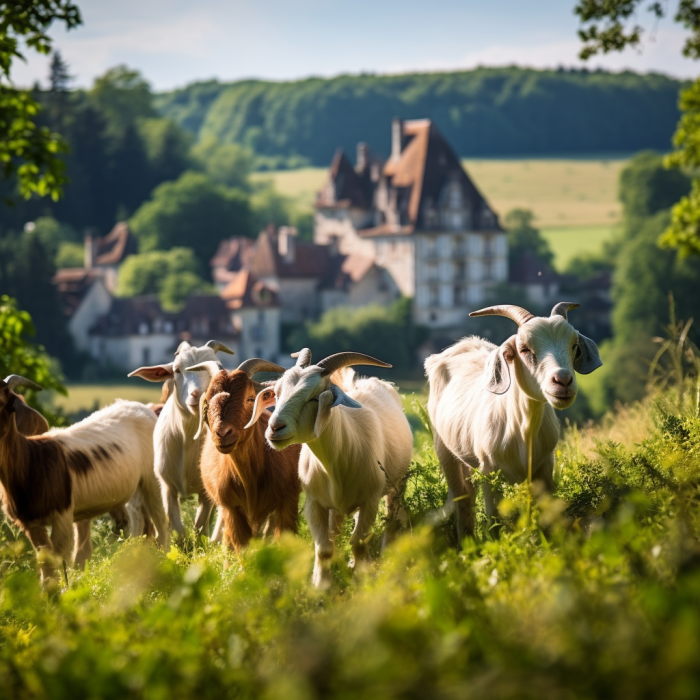How Florette Reflects the Evolution of Cheese Making
FEBRUARY 16, 2024

As a scholar deeply immersed in the history of cheese, I recognize in Florette a beacon of the dairy science evolution. The creation of Florette, through specific mold strains and precise control of environmental conditions, epitomizes centuries of dairy science progress. This process is emblematic of cheese’s journey, highlighting the transformation of milk into cheese, a staple of human diet since time immemorial.
The practice of cheese-making, which arguably predates recorded history, is a testament to humanity's innovative spirit. The refinement of cheese-making over the millennia underscores our growing understanding of microbiology and the significance of food preservation. Florette’s development, rooted in French tradition, represents a harmonious blend of ancient techniques and contemporary dairy science, illustrating the cultural and historical impact of cheese.
Moreover, the narrative of Florette is intertwined with socio-economic dynamics that have shaped cheese production and consumption. The industrial era and global food production trends have posed both challenges and opportunities for cheese-makers, highlighting the importance of balancing tradition with innovation.
In celebrating Florette, we commend not just a culinary marvel but also the intricate interplay of history, science, and culture reflected in cheese-making. As a connoisseur, I view Florette as a testament to the enduring human endeavor to craft nature’s gifts into cultural symbols.
Florette, in its essence, also prompts a dialogue on the future of traditional cheese-making in an evolving global context. As we savor its creamy goodness, it is essential to consider how historical insights and modern dairy science can synergize to preserve the heritage of exquisite cheeses like Florette for future generations.
More in History
October 29, 2024
How has Halloween Influenced Cheese Throughout History?
June 03, 2024
What Makes Florette Cheese a Modern Culinary Marvel?
May 20, 2024
How Did Smoked Gouda Cheese Become a Culinary Staple?
May 17, 2024
How Has Memorial Day Influenced the Evolution of Cheese?
March 09, 2024
Did St. Patrick's Day Traditionally Feature Green Cheese?
March 07, 2024
How Easter Traditions Shaped Cheese-Making History
February 29, 2024
Discovering the Essence of Smoked Gouda: A Journey Through Time
February 16, 2024
How Florette Reflects the Evolution of Cheese Making